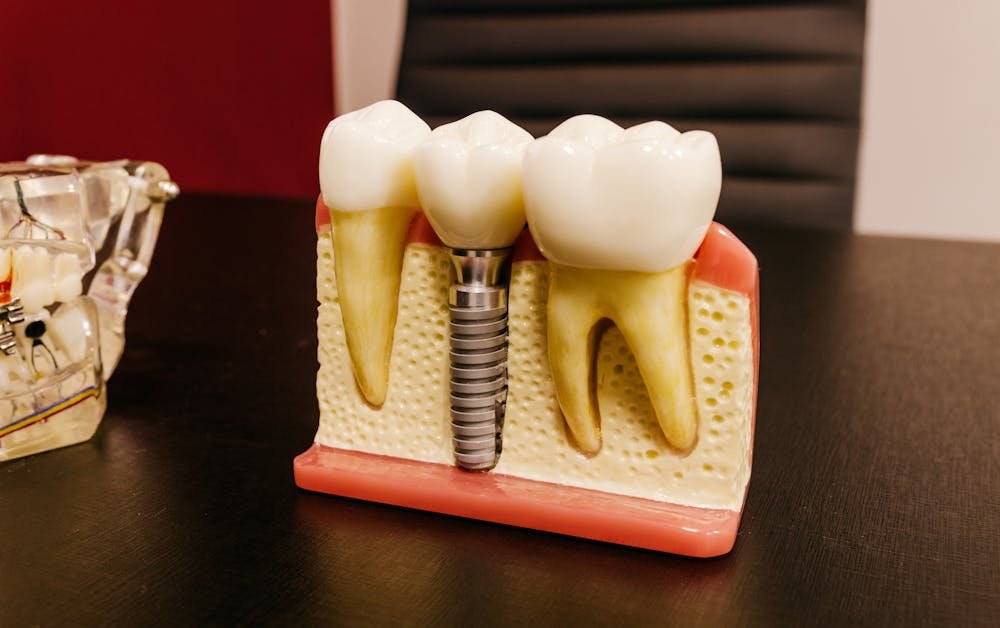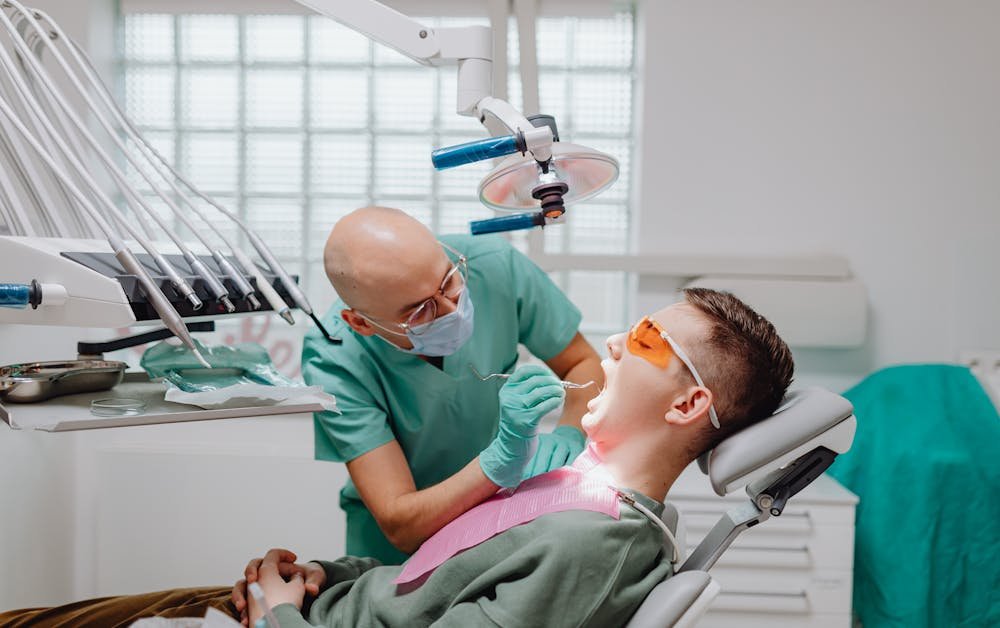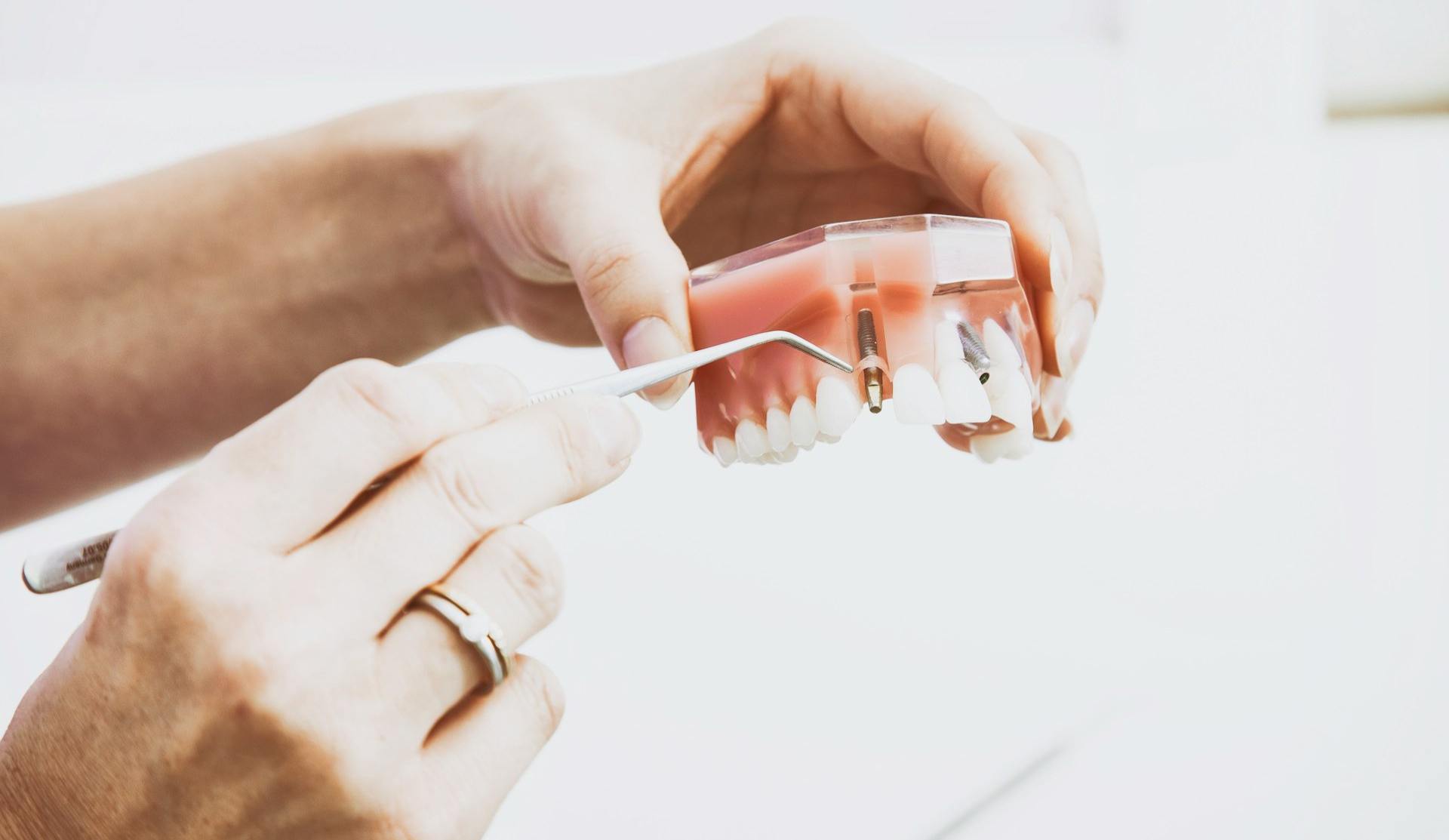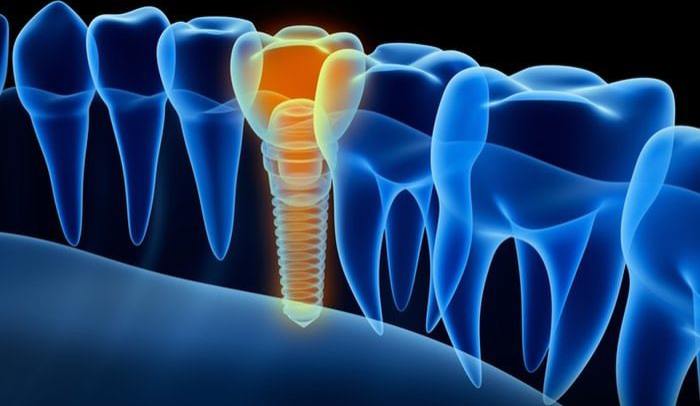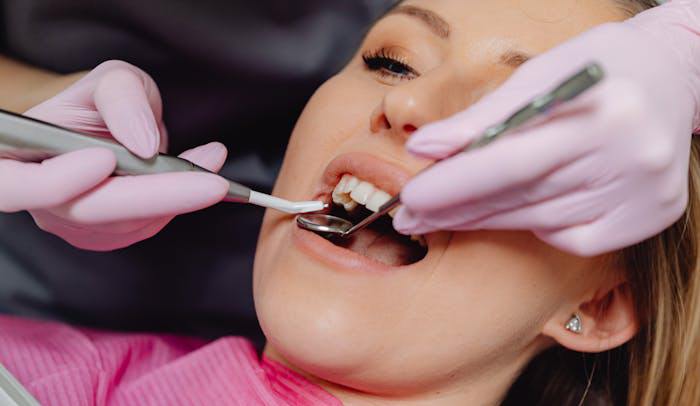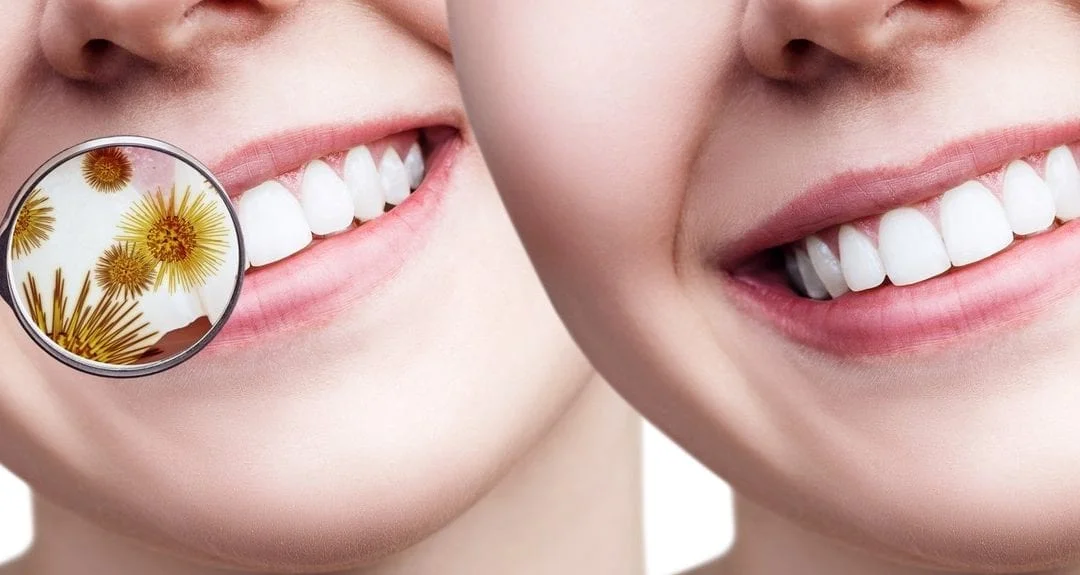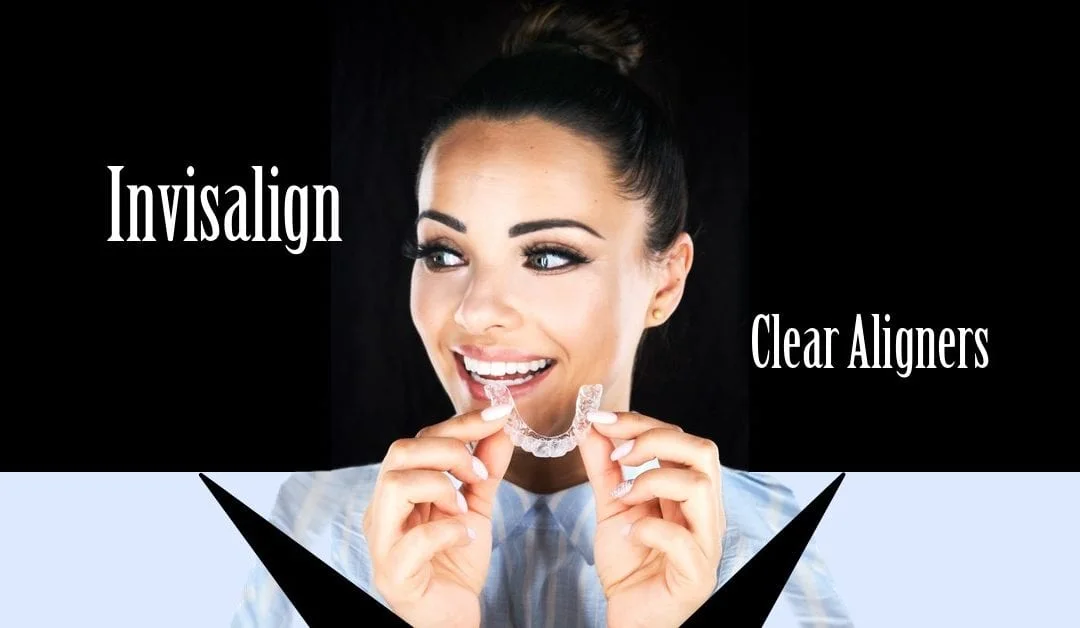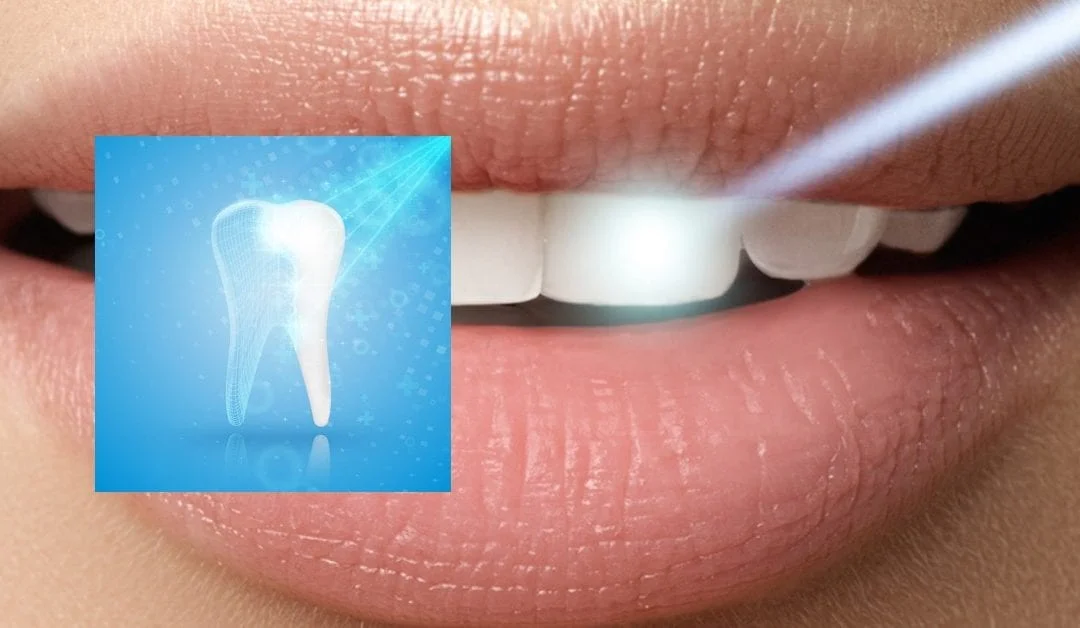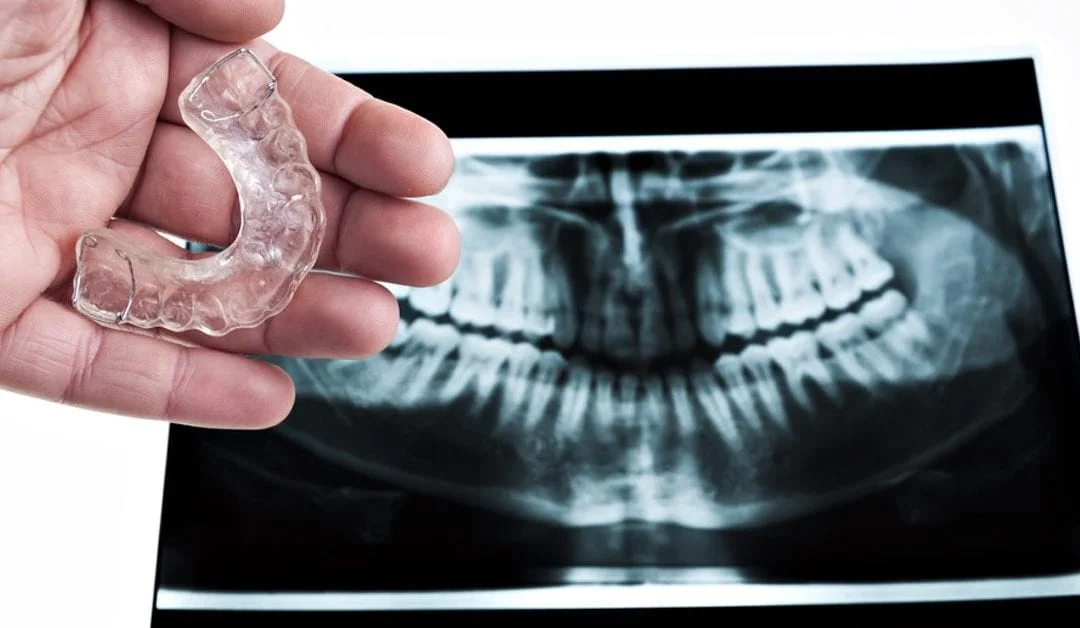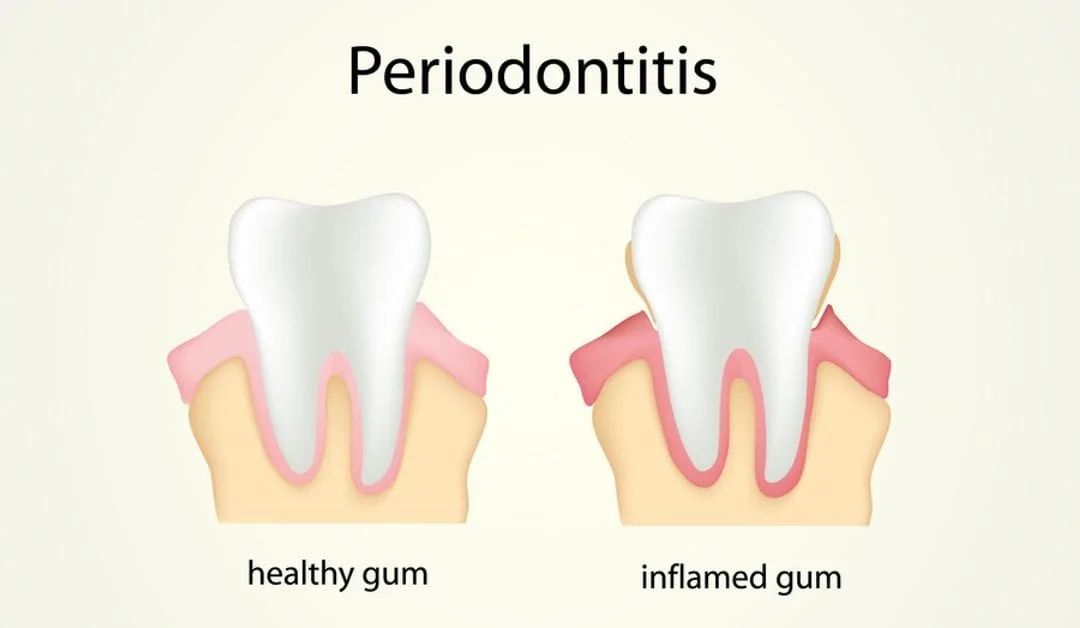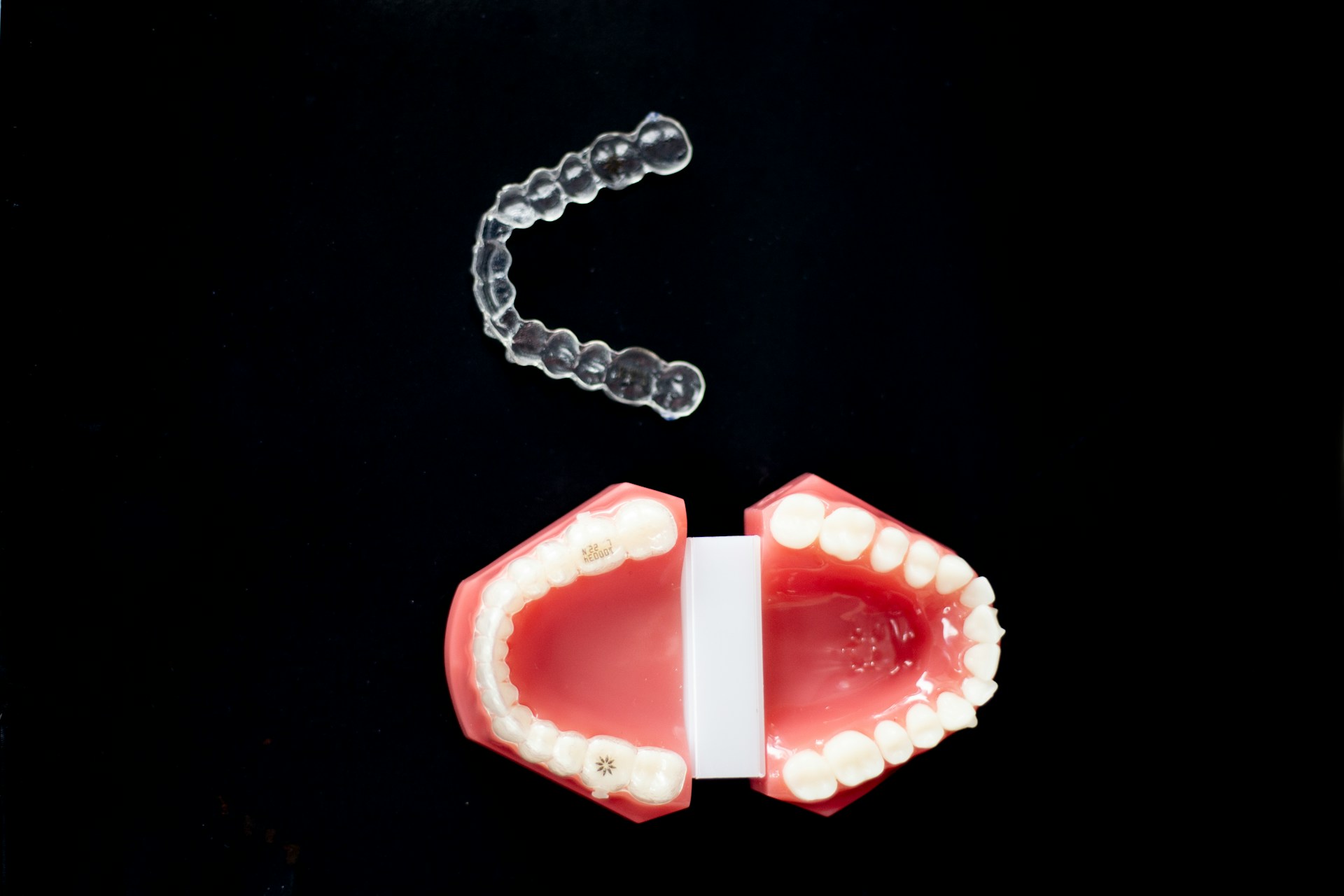
Table of Contents
All About Mouthguards
Mouthguards are specially made protectors which cover your teeth. Many sports people wear them to prevent injury. Dentists may also recommend them to people who grind their teeth. There are three kinds of mouthguards: pre-made, “boil-and-bite,” and custom fitted.
Pre-Made Mouthguards
You can buy mouth protectors pre-made from sporting goods stores. Their main advantage is that they’re cheap. But dentists don’t recommend them because they may not be a good fit, you can’t adjust them, and they may make it hard to breathe or speak. Made of inferior materials, they offer little protection.
Boil-and-Bite Mouthguards
A step up from the preformed mouthguards is the “boil-and-bite” mouth protector, which also is available at sports stores and department stores. Made of a thermoplastic material which softens when placed in hot water, you put the guard in your mouth and use your tongue and fingers to shape it to fit around your teeth.
They cost more than pre-made guards but provide a better fit. However, they offer less protection than custom-made mouthguards and don’t last as long. If you’re on a tight budget, a boil-and-bite mouthguard is a reasonable choice.
Custom-Fitted Mouthguards
Custom-fitted mouthguards are the best choice, especially if you’re a professional athlete and need good, reliable tooth protection. Designed and fitted in a specialist orthodontic laboratory, a custom-made mouthguard requires you see your dentist. Using a special modeling substance, the dentist makes an impression of your teeth, which the orthodontic technician then uses to make a durable mouthguard tailored to your dental structure.
Because of the time and professional technology involved in custom fitting, these mouthguards are more expensive than ready-made versions. But they are the strongest, most reliable, and most comfortable mouth protectors you can get. It can last a long time without being replaced, so if you use it often, the initial cost of your custom-fitted mouthguard may be worth it in the long run.
Most mouthguards only cover your upper teeth. Sometimes your dentist may recommend a guard which protects your lower teeth, too. Another advantage of seeing your dentist to fit a mouthguard is to be sure you get the best protection for your needs. The dentist will offer you long-term, comfortable, reusable, hygienic, tough mouth protection that won’t cause problems with breathing or speaking.
Why Wear a Mouthguard?
Anyone of any age who plays sports should use a mouthguard. Dental injuries are common in contact sports such as football, soccer, boxing, martial arts, hockey, basketball, and lacrosse. But accidents can happen in non-contact sports, too. If you do gymnastics or go skateboarding, skiing, horse riding or mountain biking, for example, protecting your teeth with a mouthguard is a good idea.
A mouthguard not only protects your teeth from injury, but also your lips, tongue, and gums. Mouth injuries of all kinds can be painful and disfiguring. Restoration of broken or missing teeth is more time-consuming and expensive than wearing a good mouthguard.
Can You Wear a Mouthguard with a Dental Retainer or Braces?
If you have a retainer, braces, or a fixed bridge you can still wear a mouthguard. Doing so will protect your teeth and your fixed dental appliances from damage during sporting activities. Your dentist or orthodontist can recommend the best mouth protection for your needs. If you have a removable orthodontic device, always take it out before playing sports, even if you are wearing a mouthguard.
How to Look After Your Mouthguard
Your custom-fitted mouthguard will be more effective and last longer if you look after it. Always practice good dental hygiene, including rinsing with an antibacterial mouthwash before and after wearing your guard. Use a dedicated toothbrush to clean the guard with soap and tepid water when not in use, and rinse it well before putting it away.
Always keep your mouthguard in a clean container with perforations in the lid. Perforations allow airflow and release of excess moisture. If you have a guard made of acrylic material, then you need to protect it by storing it in clean water and keeping the container in a cool place away from direct sunlight.
Remember to take your mouthguard with you when you go to your regular dental check-up. Your dentist can examine it for signs of wear or weakness and replace it if necessary. However, if you look after it well, a custom-fitted mouthguard should last a long time before you need to replace it.
Are you are in the NYC area including Brooklyn, Manhattan, Queens, and the entire tri-state area of NJ, Connecticut as well? Maiden Lane Dental is your best choice when looking for the perfect mouthguard. Our entire dental team are experts in the field of mouthguards and is ready to meet with you. Contact Maiden Lane Dental.
Our Service
-
 Dental Service
Dental Service
-
 General Dentistry
General Dentistry
-
 Cosmetic Dentistry
Cosmetic Dentistry
Comprehensive dental care ensuring healthy, radiant smiles for individuals and families in NYC.
Routine check-ups, cleanings, and preventive care to maintain your oral health effortlessly.
Enhancing your smile with advanced cosmetic procedures for a confident, beautiful appearance.


